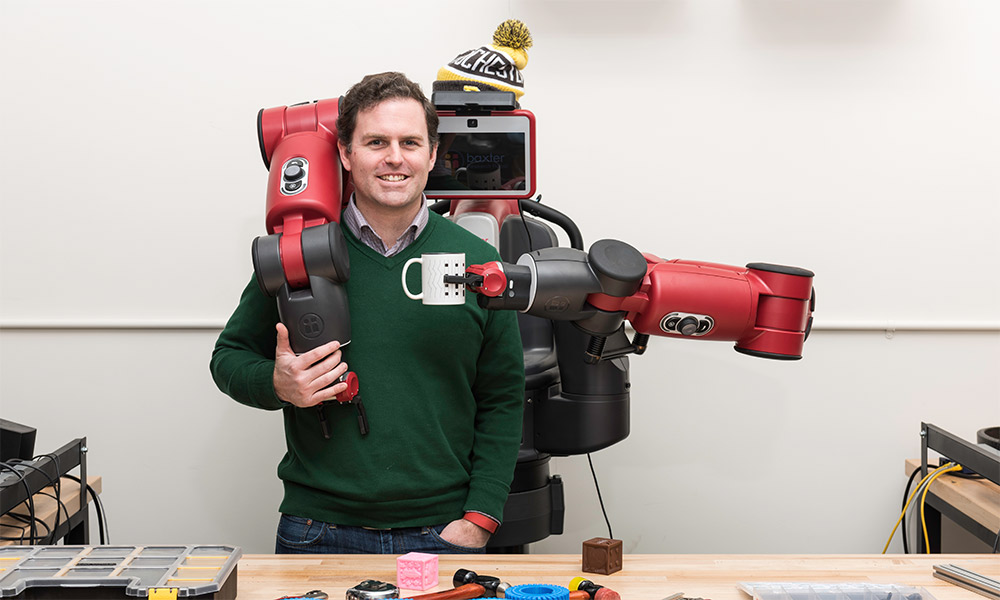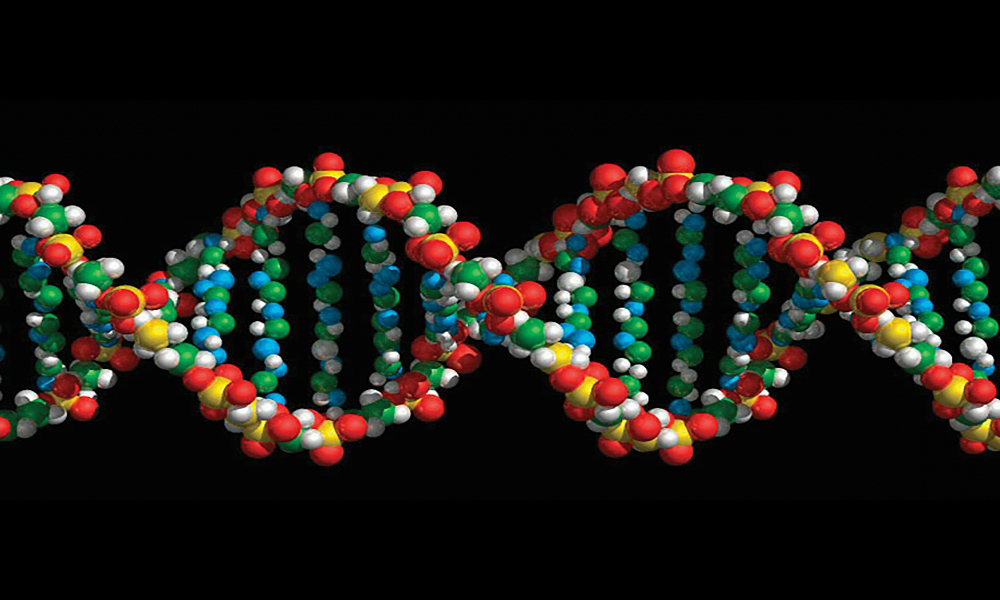
Society & Culture
Intervention for children with fetal alcohol spectrum disorders has biggest impact on parents
April 25, 2017
A new pilot study finds that children with fetal alcohol spectrum disorders (FASD) and their families benefit from a multi-component intervention, with the biggest change seen on the parents' abilities to respond to their children’s needs.









